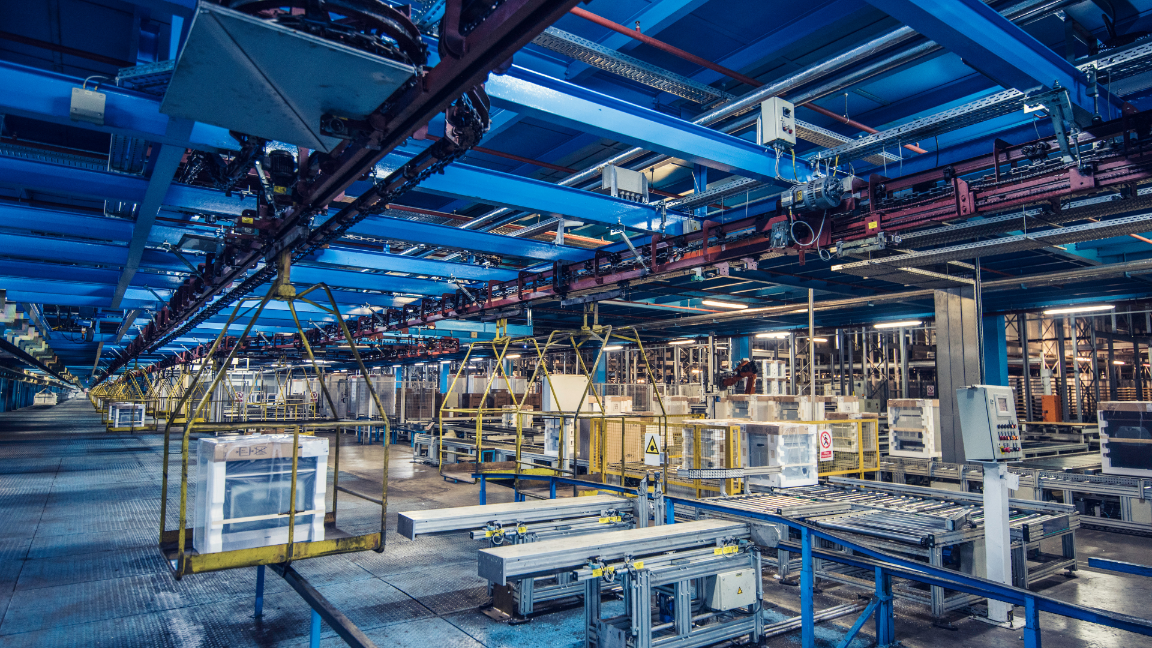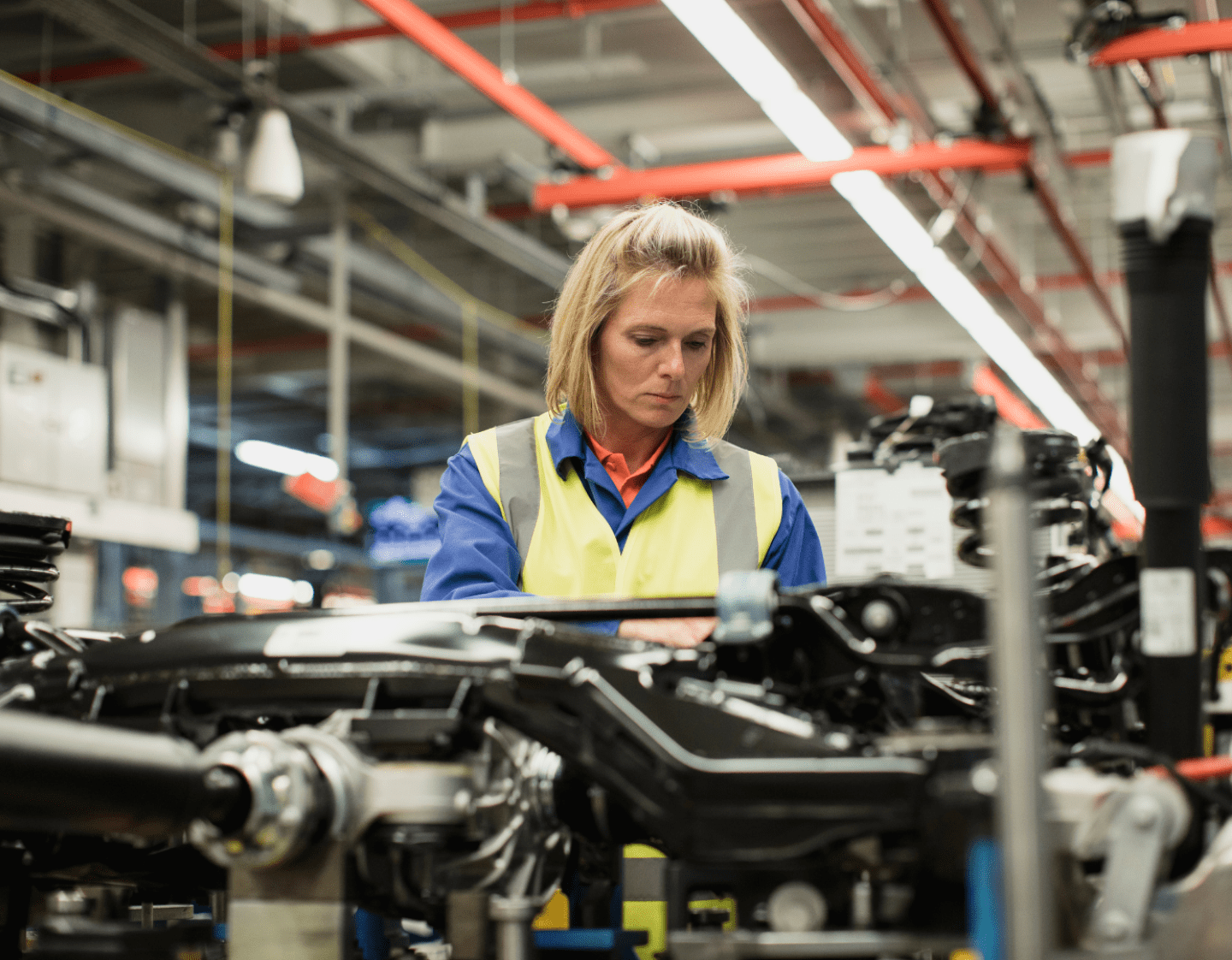Production Operative: The Complete Career Guide
If you're interested in a hands-on role where you can see the direct results of your work, a career as a Production Operative might be perfect for you. These skilled professionals play a key role in manufacturing operations across the UK, working at the heart of production processes to create quality products that reach consumers every day. The position offers a practical pathway into manufacturing, with plenty of opportunities for career growth and skill development.
Understanding the Role
A Production Operative works within manufacturing facilities, handling specific aspects of the production process. Whether you prefer working independently or as part of a team, this role offers both experiences, making it ideal for those who enjoy practical problem-solving and seeing tangible results from their efforts.
Daily Tasks and Responsibilities
Each day brings different challenges for Production Operatives. The day typically starts with checking workstations and equipment, making sure everything meets safety standards and is ready for operation. During shifts, they focus on assembling products or components, maintaining consistent quality while working to production targets.
The role involves operating machinery, conducting quality checks, and keeping detailed records of production activities. Depending on the industry, you might work with anything from food products to automotive parts.
Working Environment
Production Operatives work in diverse manufacturing settings, where no two days are quite the same. Each environment brings its own unique challenges and rewards.
In food manufacturing facilities, you'll find meticulously maintained production areas with strict hygiene protocols. Temperature control is critical here - some areas might be chilled for fresh products, while others maintain warm temperatures for baking or processing.
Modern automotive plants combine traditional assembly lines with cutting-edge robotics, creating an environment where precision and safety go hand in hand.
For those in electronics manufacturing, clean rooms and static-free workstations provide the perfect conditions for handling delicate components.
Meanwhile, pharmaceutical production takes place in specially controlled environments, where maintaining product purity is paramount.
Most facilities operate around the clock, running multiple shifts that give you flexibility in your working patterns. Though some roles require periods of standing, modern manufacturing has come a long way from the factories of the past. You'll find ergonomically designed workstations, regular break periods, and well-thought-out rest areas. Many facilities also feature climate control throughout the year, keeping you comfortable whether you're working in the height of summer or the depths of winter.

Required Skills and Qualifications
While formal qualifications aren't always needed to get started, certain skills and certifications can help you stand out:
Level 2 NVQ in Performing Manufacturing Operations
Health and Safety certification
Food Safety certification (for food production)
Manual handling training
Basic computer skills
Salary and Benefits
Production Operative salaries vary across the UK, typically starting from £24,000. If you're willing to work night shifts, you'll often receive additional premiums, while experienced operators can earn up to £30,000 in specialist roles.
Many employers offer attractive benefits packages including:
Pension schemes
Healthcare plans
Overtime opportunities
Training programmes
Cycle to work schemes
Career Development
One of the best things about starting as a Production Operative is the clear path for advancement. Many people progress to Team Leader positions after gaining experience, while others find their niche in quality control or machinery operation. Further qualifications in manufacturing operations or specific technical skills can lead to supervisor roles or specialised technical positions.
The typical career path looks like this: Production Operative → Senior Operative → Team Leader → Production Supervisor → Production Manager

Skills for Different Types of Production Work
The world of production offers diverse opportunities across several key industries, each with its own specific requirements and working practices.
In food and beverage production, you'll focus on maintaining strict hygiene standards while working with both fresh ingredients and finished products.
The automotive sector demands precision and technical knowledge, with operators assembling complex components that must meet exact specifications.
Electronics production combines careful handling of sensitive components with systematic testing procedures, while pharmaceutical manufacturing places a strong emphasis on documentation and quality control measures.
The textiles industry requires skilled machine operation and careful material handling, and packaging operations combine high-speed production with rigorous quality standards.
Each sector provides unique challenges and opportunities to develop specialist skills.
Read our article to learn the differences in different production methods.
Work Schedule
Production schedules typically follow set shift patterns, which might include:
Early shifts (6am-2pm)
Late shifts (2pm-10pm)
Night shifts (10pm-6am)
Four-on, four-off rotations
Continental shift patterns
Many companies now offer flexible scheduling options, helping you maintain a good balance between work and home life.
Finding Success in the Role
The most successful Production Operatives share certain traits - they're naturally detail-oriented and take pride in maintaining consistent work quality. They excel at following procedures precisely and can spot potential issues before they become problems. Many develop expertise with specific machinery or processes, becoming valued team members who others turn to for advice.
Professional development is always encouraged, with opportunities to learn new skills and understand different aspects of production. Many operators boost their careers by taking additional training in areas like lean manufacturing or specific technical skills.
Select Recruitment
Ready to explore a career as a Production Operative? We'd love to help. At Select Recruitment, we work with leading manufacturers across the UK to place talented individuals in roles that match their skills and aspirations.
Get in touch with our friendly industrial team to discuss your next career move - we're here to help you find the perfect fit.


